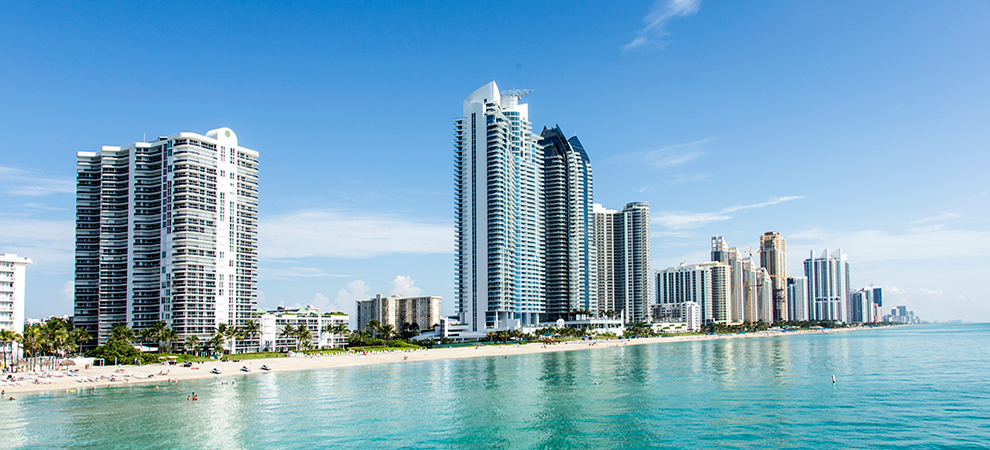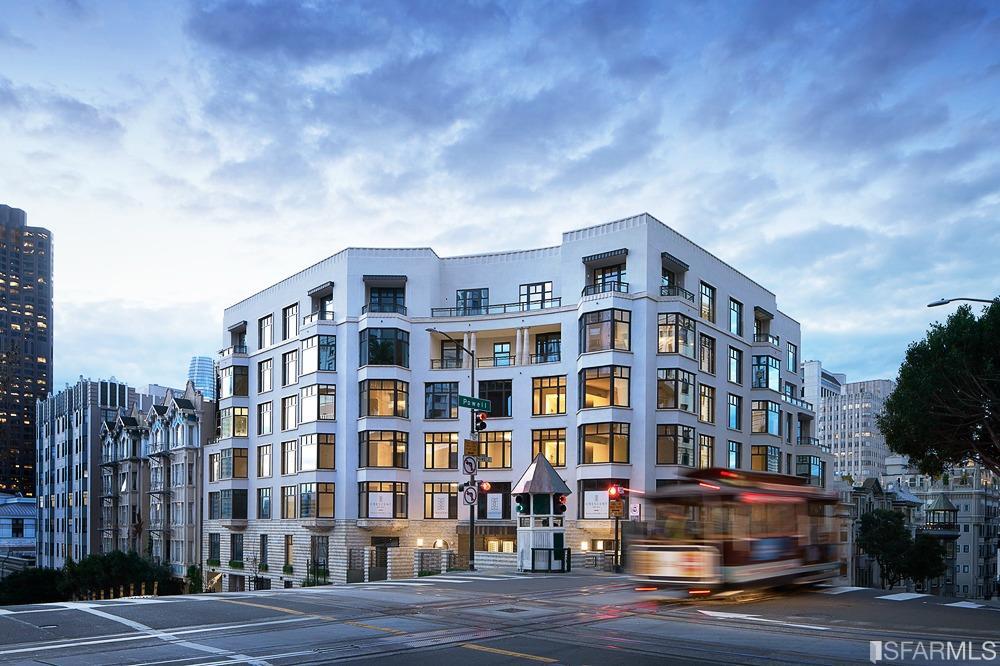The Ultimate Contrast: HOA Condo vs. Standard Home
The Role of an HOA in Developing and Enforcing Area Standards for Locals
The duty of a Homeowners Organization (HOA) in implementing and developing neighborhood standards is basic to maintaining a orderly and natural residential environment. By formulating clear guidelines that regulate elements such as residential property maintenance and neighborhood conduct, the HOA not only sets standards for locals however likewise fosters a sense of belonging and liability.
Recognizing Home Owners Organizations
Homeowners organizations (HOAs) function as controling bodies for residential communities, playing a critical duty in keeping residential or commercial property values and fostering a feeling of neighborhood. Normally developed by developers, HOAs are made up of homeowners within a marked location who elect a board to oversee the organization's activities. The primary features of an HOA include enforcing area policies, handling common areas, and arranging area events.
HOAs run under a set of regulating papers, consisting of constraints, conditions, and commitments (CC&R s), which describe the civil liberties and responsibilities of home owners. These policies intend to ensure that homes are maintained to a certain requirement, therefore safeguarding the visual allure and overall value of the area. Additionally, HOAs typically accumulate dues from house owners to money upkeep, landscaping, and other area solutions.
The presence of an HOA can substantially affect the living experience within a neighborhood (hoa condo). While some locals appreciate the organized setting and facilities supplied, others might locate certain policies restrictive. Balancing the rate of interests of all home owners is essential for an HOA to function efficiently, making sure that it offers its desired purpose of enhancing community living while respecting individual property owner legal rights
Establishing Neighborhood Guidelines

To begin, an HOA should perform surveys or convene that permit residents to voice their tips and problems. This participatory process fosters a sense of ownership and enhances conformity. Next, the HOA board need to assess the responses to identify common styles and top priorities that call for formal incorporation in the guidelines.
It is also vital to guarantee that the guidelines are clear, concise, and easily comprehended. Uncertainties can result in conflicts and misunderstandings, weakening the purpose of the standards. The guidelines must be comprehensive, covering different aspects of neighborhood living, including building maintenance, noise levels, and usage of usual locations.
Enforcement of Regulations
Efficient enforcement of area regulations is vital for keeping order and guaranteeing that all homeowners comply with the developed standards. An HOA must execute a structured method to implement these laws, which commonly entails a mix of surveillance, interaction, and fines for non-compliance.
First, regular evaluations and area patrols can assist recognize offenses, ensuring that guidelines are continually used throughout the area. This positive monitoring enables the HOA to resolve issues before they escalate, fostering a sense of liability among homeowners.
Second, clear communication is important. Residents need to be informed of the rules and the treatments for reporting infractions. An open line of interaction encourages homeowners to voice problems and seek clarification on guidelines, which can boost conformity.

Finally, when offenses occur, the HOA must implement repercussions as detailed in the governing papers. By properly implementing regulations, an HOA can cultivate an unified living atmosphere that shows the cumulative worths of its locals.
Advantages of HOA Rules
Countless advantages occur from the application of HOA laws, which serve to boost the lifestyle within an area. One key benefit is the maintenance of residential property values. By imposing criteria for aesthetic appeals and maintenance, HOAs ensure that homes and usual locations stay attractive, fostering a preferable living setting that can cause raised building values in time.
In addition, HOA policies advertise uniformity and harmony within the community. This coherence in style and upkeep assists to produce a sense of belonging amongst locals, adding to community satisfaction and a positive ambience. Moreover, established standards assist in conflict resolution amongst neighbors by giving clear assumptions and procedures for actions, therefore lessening conflicts.
One more substantial benefit is the arrangement of common services and services. Lots of HOAs handle area facilities such as clubhouses, parks, and swimming pools, which improve recreational opportunities for homeowners. These features not only enhance the top quality of life yet additionally encourage social interaction.
Ultimately, the policies established forth by an HOA cultivate an efficient, harmonious helpful site area, guaranteeing that citizens take pleasure in a high standard of living while fostering an encouraging atmosphere for all homeowners.
Typical Difficulties Faced by HOAs
Among the benefits that homeowners associations (HOAs) can provide, they likewise encounter a variety of challenges that can hinder their efficiency. Many house owners may not get involved in conferences or community activities, leading to a detach between the HOA board and homeowners.
Another difficulty is the enforcement of regulations and regulations. Disputes can emerge when citizens feel that enforcement is inconsistent or prejudiced, possibly bring about disputes within the neighborhood. Furthermore, HOAs usually deal with economic restraints, which can limit their capability to keep common locations or fund neighborhood projects. This can produce discontentment among homeowners that anticipate high standards of maintenance.
Additionally, navigating legal complexities can be intimidating for HOAs. Changing demographics and evolving area needs require HOAs to adapt their standards, typically meeting resistance from long-lasting residents who are accustomed to conventional norms.
Conclusion

By developing clear policies that regulate aspects such as residential or commercial property upkeep and community conduct, the HOA not only establishes requirements for locals yet also promotes a sense of belonging and liability.Homeowners organizations (HOAs) serve as governing bodies for property neighborhoods, playing a crucial function in maintaining residential or commercial property worths and fostering a sense of community. Many homeowners might not participate in meetings or area activities, leading blog to a disconnect between the HOA board and residents. Developing and changing demographics neighborhood needs need HOAs to adjust their standards, often fulfilling resistance from long-standing residents that are accustomed to standard norms. Via the advancement of clear regulations and consistent enforcement, HOAs promote residential property maintenance, neighborhood pride, and depend on amongst citizens.